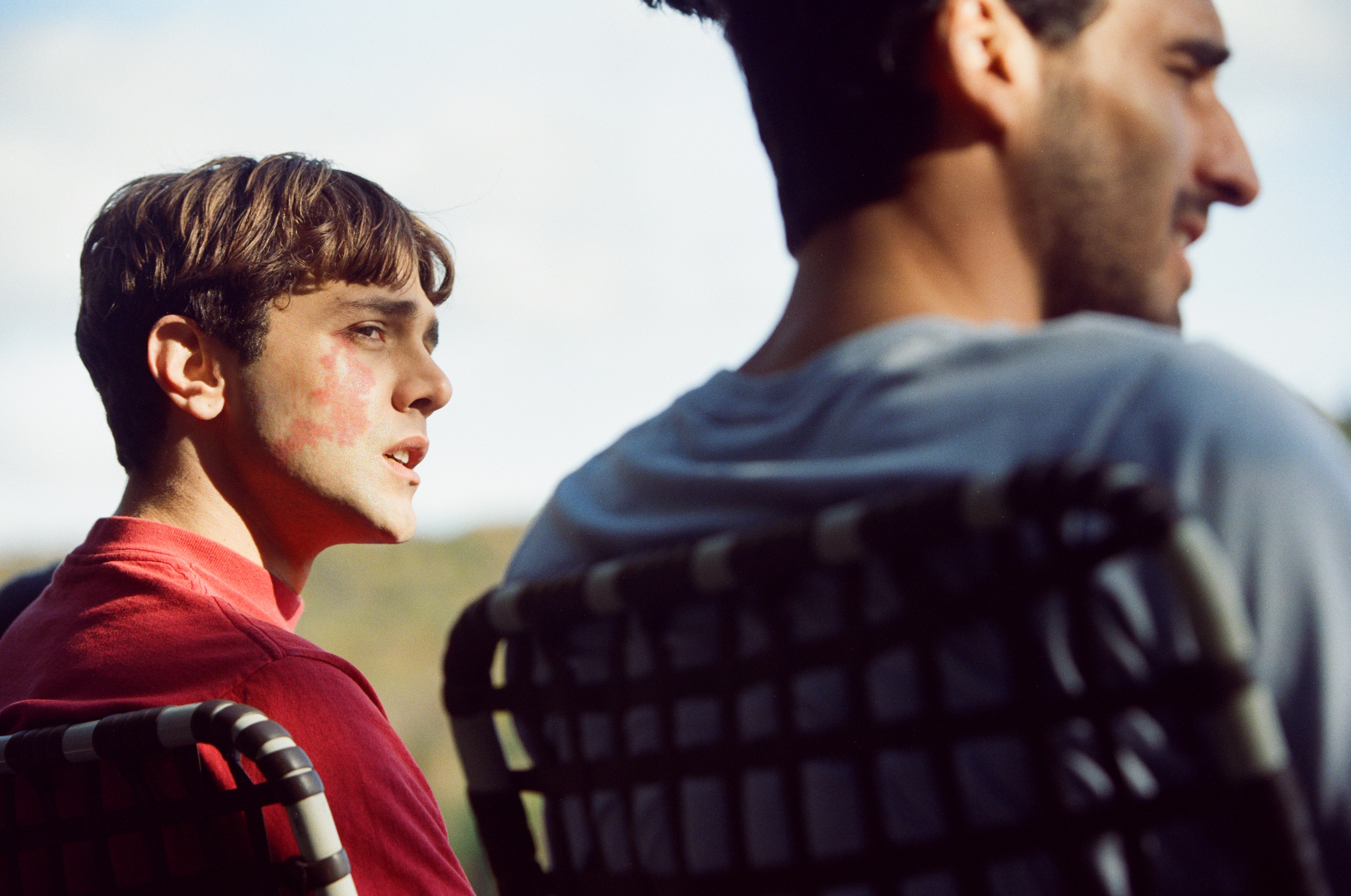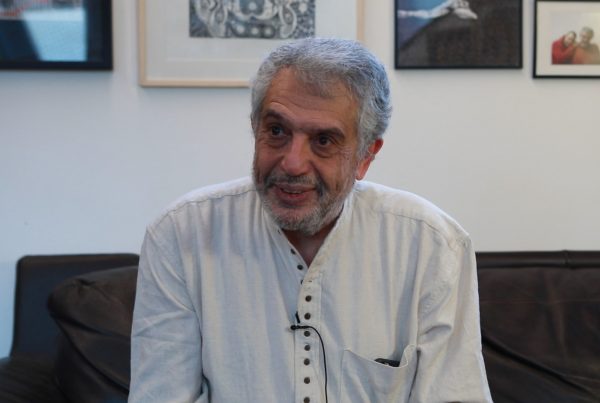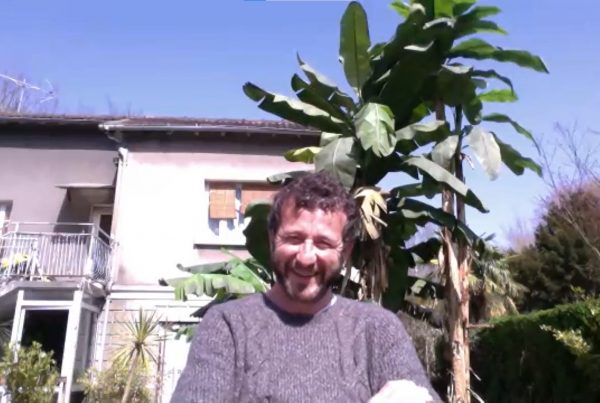Matthias & Maxime – Les gens qui doutent
Less than a year after The Life & Death of John F. Donovan,
Xavier Dolan offers a movie about friendship. A return to his origins that seems to feel good for the director. And for us too.
By Axelle Amar
![]() Reading time 5 min.
Reading time 5 min.
Xavier Dolan and Cannes have history. Since he was 20 with I Killed My Mother, the list of prizes he’s received for several of his movies is pretty long ( including a Jury’s Prize for Mommy or a Great Jury’s Prize for It’s Only The End of The World). But Matthias & Maxime is different, even if it remained in the shadow this year in Cannes. After The Life and Death of John F. Donovan, an American super-production with a prestigious cast, Xavier Dolan goes back to his roots with Matthias & Maxime : a Quebec movie, unknowns actors and a personal camera, which is just as close to the characters than it is to the audience. The simplicity of the plot — two friends have to kiss for an amateur short-movie, and from there rise feelings and doubts — allows the viewer to calmly install himself among the group of friends, to participate in their parties and to feel close to the characters. Between the lines that seem to be coming straight from our friends and the references that will speak to the 90s kids, the audience wil easily find its place in the circle of Matt and Max.

The camera is personal, as close to the characters as it is to the audience
A group movie
Each scene with the group of friends seems improvised, filmed unbeknownst to the actors. Just like Jean-Michel Blais, the composer of the soundtrack (whom we met in Cannes), said : « It is improvisation, and sometime so much that’s it is not even on purpose …». Balance is found through the unity of the group, which is as fusional in the rapidity of the close shots as it is in the tranquility of the wide shots. Xavier Dolan shows us that outside of the friend group, life is rather bleak. Whether it is on the side of Matthias and his too orderly life, or on the side of Maxime and his too chaotic life. While we could feel the weight of John F. Donovan on the shoulders of Dolan, we can feel here all the lightness of this movie made with friends.
A grainy picture and a nervous camera. Between some rough close shots, during tense moments, and soft wide shots — the scene on the lake, Matthias waiting in the middle of the road — the camera is in osmosis with the feelings of the characters, and slowly creates emotion. When Matthias and Maxime kiss, the camera is calm, the frame is still, time stops. Each scene is actually built around these emotions rather than the continuity of the story. Maxime’s departure for Australia, which organizes the narrative, is more of an emotion catalyst than a plot line. It is used as a base for the farewell and confrontation scenes, where the emotional strength of the film is concentrated.
An aesthetic of emotion
The darkened colors, almost dull at times, change from the flashy one of Lawrence Anyways or Heartbeats; here, the characters are not embellished by the picture, but by the emotions they pass on. Xavier Dolan plays with the universal details that can frustrate us, sadden us or make up happy, but are usually too small to be worthy of being part of a cinematic tale. The characters don’t break into tears, they’re teary-eyed: they don’t burst into fits of laughter but traces of smiles. It is easy to identify with these nuances of emotions that we deal with ever day. While it is less talked about than his former movies, Matthias & Maxime can be seen as a synthesis of Xavier Dolan’s cinema. From his older movies, he kept the authenticity of the characters and of the writing, but let go of the superficial aesthetics. From his more recent movies, he kept the raw images and the less ostensibly constructed shots, but let go of the characters you can hardly identify with. A testimony of relationships (friends or more), Matthias & Maxime makes you want to do one thing after the ending credits : grab a drink with your friends.
Voir aussi


